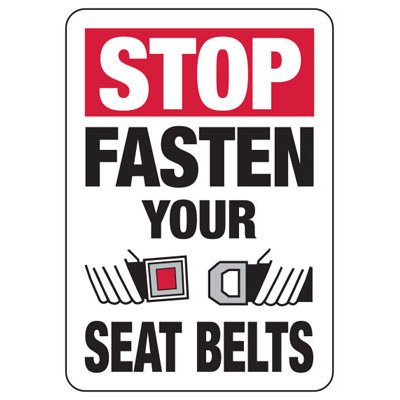Cimas Rescue, which is part of the Cimas Medical Aid Group, has launched a seatbelt awareness campaign to educate people on the importance of wearing a seatbelt even when travelling in the back of a car.
“Wearing a seatbelt can save your life in the event of an accident or sudden emergency braking. Some people seem to think that they only need to wear a seatbelt to satisfy the police, when doing so is for their own safety.
“The reason for the legal requirement for seatbelts to be worn when a vehicle is in motion is to save lives. Most people do not wear seatbelts when sitting in the back of the car. Wearing a seatbelt can equally save your life,” commented Cimas Rescue Manager Letwin Mutambashora.
The ‘Buckle Up’ campaign is a six months three-pronged campaign, incorporating visits to schools, radio programmes and community outreach.
A team from Cimas Rescue, working with Childline, is visiting schools to address children during a school assembly on the importance of wearing a seatbelt and find out from them whether or not their parents insist on them wearing a seatbelt.
The response so far would suggest that many parents do not insist on their children wearing a seatbelt, although there are some children who have said their parents are strict about them doing so.
“Children tend to be honest when you ask them about things like this. We hope that by educating children on the importance of wearing a seatbelt some of them may also pass on the message to their parents,” said Cimas Rescue business development manager Ancha Chimbghandah.
There are two weekly Buckle Up radio programmes, both on Power FM. There is a five minute programme at 6.55am on Fridays and a 15 minute slot during the Power Kids phone-in programme at 2.45 pm on Mondays. The Buckle Up radio programmes, which began on November 23, are scheduled to run for eight weeks.
The community outreach programme will see Cimas Rescue teams going to churches and various community groups to talk about the importance of seatbelts for the safety of drivers and passengers and to find out why some people seem to dislike wearing them.
Ms Chimbghandah said the ‘Buckle Up’ campaign had been prompted by the injuries and deaths that were occurring in road accidents, many of which could have been avoided or, in the case of injuries, been less serious, if those who were in the vehicles had been wearing their seatbelts.
“Seatbelts have been proved to reduce the number and extent of injuries in the event of a road accident. It is sad to see people seriously injured or even killed in a road accident, when wearing a seatbelt could have prevented this or reduced the extent of their injuries.
“This is why we decided to launch this campaign and raise awareness of how important putting on a seatbelt is,” she said.
Cimas Rescue operates an ambulance service, an air ambulance service and a First Aid and a Basic life support training academy.
“Whether sitting behind the wheel or on the back seat, every occupant in a vehicle is vulnerable in the event of a crash. That is why we are encouraging everyone, drivers and passengers alike, to buckle up for their own safety,” Mrs Mutambashora said.






